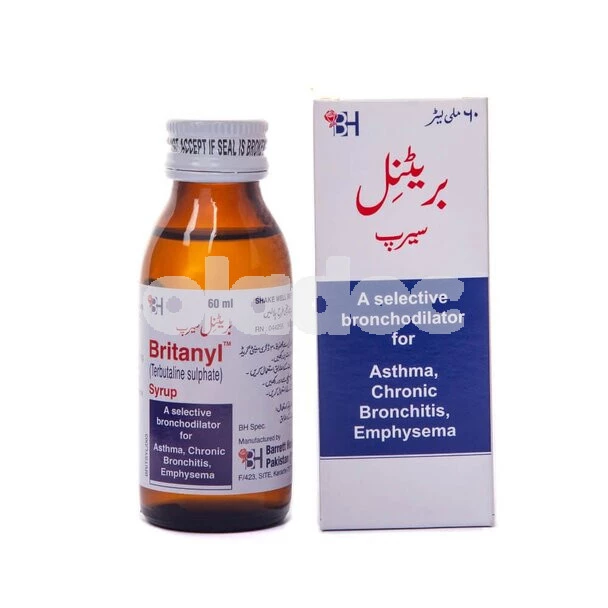Today marks World Thalassemia today, an inherited disorder that is said to affect about 5,000 children in Pakistan every year. Thalassemia is a hereditary disease and the chances of getting it increases if both parents carry the defective gene.
Table of Contents
What is Thalassemia?
Thalassemias are a group of genetic disorders of hemoglobin that result in life-threatening anemia if regular blood transfusion is not given to the patient. Hemoglobin are protein molecules in the red blood cells that are responsible for carrying oxygen.
So, to put it simply, Thalassemia patients have “defected” hemoglobin molecules that interferes with the body’s ability to carry oxygen around the body. Moreover, it results in the red blood cells being destroyed in the body, which leads to anemia. An indicator for anemia is fatigue, breathlessness, lethargy etc. as the body simply does not have enough fuel to keep it going.
World health organization has identified haemoglobinopathies, particularly B-Thalassemia in the developing nations as a source of concern. An estimated 5,000-9,000 children are born with B-Thalassemia every year. The carrier rate has also risen from 5-7% with 9.8 million carriers across Pakistan and they are expected to increase if preventative measures are not taken soon enough.
What are the symptoms of Thalassemia?
This blood disorder is characterized by few common symptoms like issues with growth, bone formation problems, dark colored urine, pale skin due to anemia. However, these are some of common indicators and may vary as the case and the condition of the patient.
What are the risk factors?
Being a genetic condition, Thalassemia’s biggest risk are the genes. Hence, family history of the disease is a great risk indictor. Moreover, certain countries and ethnicities are disproportionately astrisk of getting the disorder.
Asians, Mediterranean and African American people have greater probability of being affected by the disease. This predisposition has resulted in large number of cases of Thalassemia in Pakistan.
What can be done about Thalassemia in Pakistan?
Even though Thalassemia is incurable since it is largely genetic, there are a number of ways that the disease can be prevented, if not cured. One of those is through prenatal diagnosis.
Societal awareness must be promoted regarding taking pre-marriage Thalassemia blood tests. This process of screening can save the future offspring from a lot of pain and trouble. Testing allows for to minimizing the chances of the disorder by not allowing for the marriage of the individuals whose offspring are very likely to suffer from Thalassemia.
Moreover, the disease is on the rise in nations where marriage between close relatives is rampant. Cousin or close-kin marriages increases the chances of developing Thalassemia since couples of a similar genetic makeup are more likely to produce a child with Thalassemia. Since this is a common practice in Pakistan, therefore there are a lot of cases of Thalassemia in Pakistan.
There is a very significant (25%) chance of having a child with Thalassemia if two persons carrying the defective gene get married. Therefore, for all families who have a history of thalassemia, it is of utmost significance that they do not allow cousin marriages to prevent this inbreeding depression.
Also, another step to be taken for the preventing the ever-increasing number of cases in Pakistan is the genetic screening. Women who are three-months pregnant should be brought to a Thalassemia center for a genetic analysis for fetal diagnosis.
Furthermore, to make this activity of prenatal screening more accessible to people, there is a serious need to have more centers in the country. This should be done in conjunction with awareness campaigns so that people realize the importance of the process.
On both a governmental and societal level, large scale blood donation campaign and centres must be developed. As patients of thalassemia require very frequent blood transfusions, it is imperative for there to be abundant blood.
Moreover, due to the high poverty levels in Pakistan, not everyone can afford to pay for the costly transfusions. Therefore, the charity blood donation drives make it is possible for the poor children to get the treatment that they deserve.
Also, there is also a need to encourage, educate and motivate the general population and people in the healthcare to improve the services in areas that are especially vulnerable, such as the underprivileged areas of Baluchistan, Sindh and Khyber Pakhtunkhwa.
How can we help?
Our goal as a nation must be to facilitate the people of Thalassemia by getting involved and taking mandatory actions to help them live a normal and healthy life just like any other person. To do that our society, state and the whole world must come together for not just timely prevention, but also to give those who have already been born with Thalassemia a chance at a happy and carefree life.
Your child can get tested for Thalassemia at government hospitals or by visiting a Child Specialist (Pediatrician). You can book an appointment with a top Child Specialist in Karachi, Lahore and Islamabad through oladoc.com, or call our helpline at 042-3890-0939 for assistance to find the RIGHT Doctor for your loved one.









